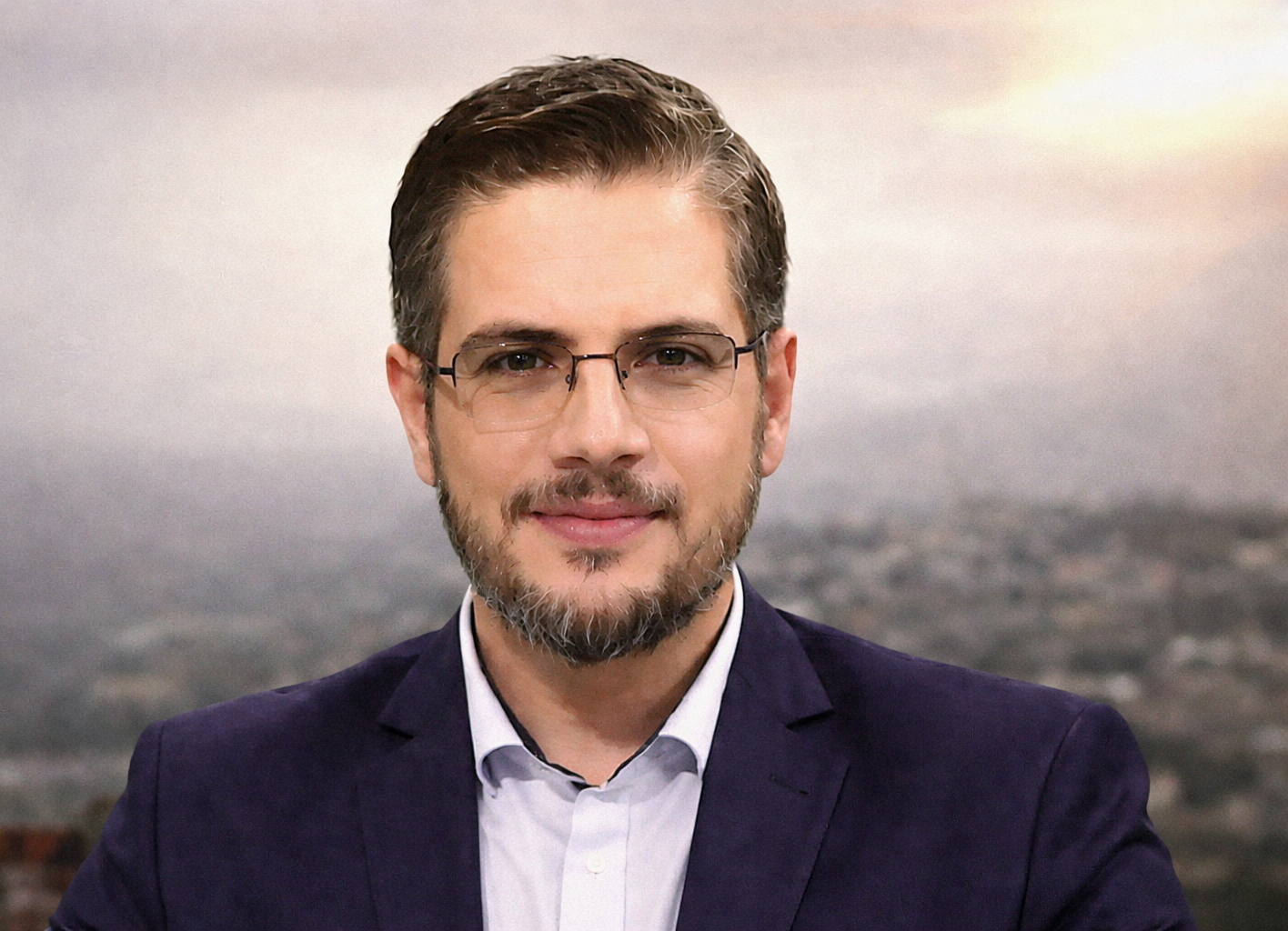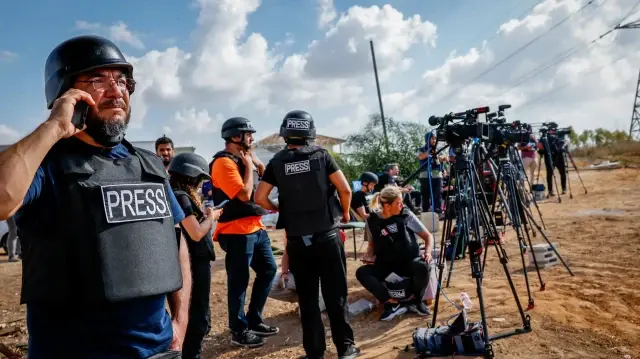
Digital Repression: Serbia’s Spyware Campaign Against Journalists and Dissidents
December 22, 2024
Silencing the Truth: Journalism Under Siege in a World of Rising Repression
December 23, 2024December 23, 2024 – Turkey –
In two closely linked cases nearly a decade apart, the Turkish government’s crackdown on Kurdish journalism reveals a long-standing pattern of silencing dissent through arrests, censorship, and criminal charges.
In February 2016, Nazım Daştan, a correspondent for the pro-Kurdish Dicle News Agency (DIHA), was arrested in Gaziantep for allegedly “spreading propaganda for a terrorist organization.” The charges were based on his Facebook posts, which included reporting on alleged Turkish military support for ISIS near the Syrian border. His arrest came during a broader media crackdown in which dozens of DIHA journalists were detained across Turkey. At the time, DIHA was one of the few outlets reporting from Kurdish regions during intense military operations. Turkish authorities accused the agency of ties to the PKK, a designated terrorist group, though many human rights groups called the charges politically motivated.
In a more recent case from December 2024, two Kurdish journalists—also including someone named Nazım Daştan, though not the same individual—were killed in a suspected Turkish drone strike near the Tishrin Dam in northern Syria. The deaths of Daştan and fellow reporter Cihan Bilgin triggered public outcry and protests. In response, Turkish police arrested 59 people, including seven journalists, for participating in a banned demonstration mourning the slain reporters. Most were released, but several now face charges of terrorist propaganda.
The crackdown didn’t end there. In January 2025, prosecutors charged three editors from prominent outlets—including T24 and Gerçek Gündem—with “spreading misleading information” and “terrorist propaganda” for publishing coverage of the journalists’ deaths. If convicted, they face up to eight years in prison.
These two incidents—nearly a decade apart—highlight the persistent use of anti-terror laws to criminalize Kurdish journalists and those who report on sensitive issues such as military operations or minority rights. The pattern underscores a broader erosion of press freedom in Turkey, where reporting on Kurdish matters often leads to prosecution or worse. The targeting of journalists, even in death, reflects a climate where independent journalism is not only endangered but actively punished.
Reference –
https://bianet.org/haber/diha-correspondent-nazim-dastan-arrested-172053
https://www.arabnews.com/node/2584002/media




